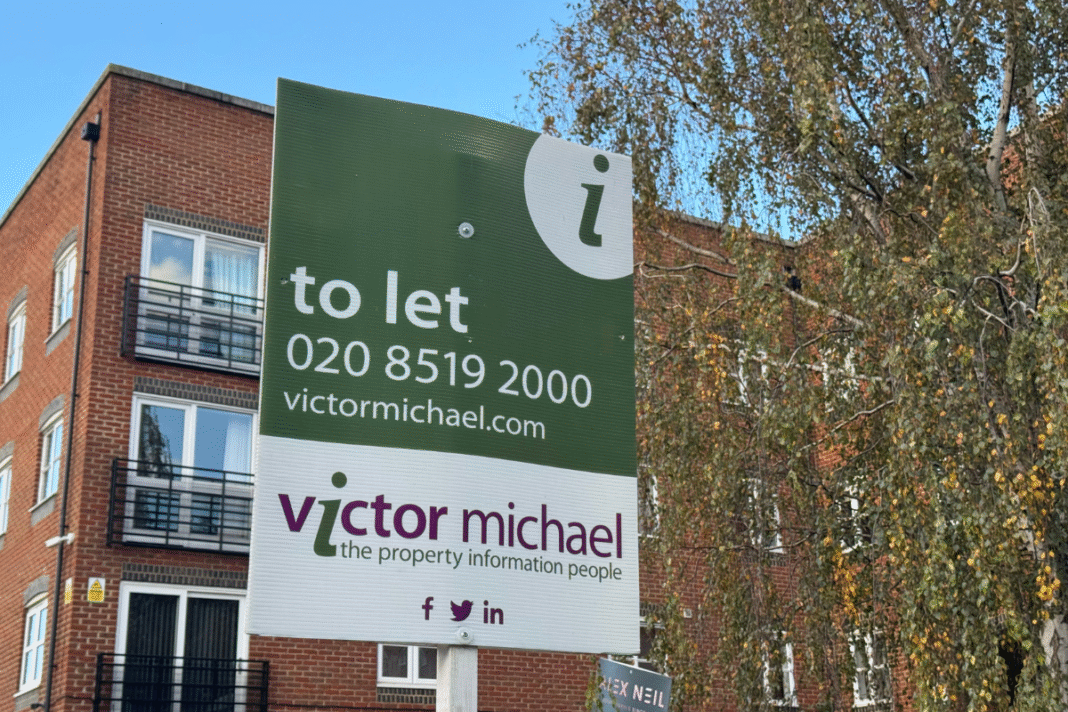Most buy-to-let landlords have renovated at least one rental property in the past five years but more than half say they regret doing so according to new research from Nationwide.
The findings reveal a sector increasingly focused on adding value – yet frequently frustrated by cost, disruption and disappointing returns.
The study shows 88% of landlords carried out some form of renovation, with kitchens and bathrooms the most common upgrades, appearing in around one in five improved properties.
A growing share also invested in energy efficiency: 18% installed green improvements, including solar panels, insulation upgrades or EV charging points, often to comply with minimum energy efficiency standards.
RENOVATION REGRETS
Larger structural projects are also on the rise. 17% added multi-storey extensions and 15% completed basement conversions, while 68% said at least some works were undertaken to convert a property into an HMO. Average spending was significant: around £43,000 per renovated property.
Despite this, 51% of landlords regretted renovating. The biggest concern was lost rental income when tenants had to move out, cited by 35%.
Others complained the final results didn’t justify the cost or failed to deliver the uplift in rent they expected.
BETTER DEAL
Even so, upgrades can pay off. Nationwide’s analysis suggests adding a second bathroom boosts a BTL property’s value by 8% – double the premium seen in the owner-occupier market.
Creating an additional double bedroom adds around 13%, rising to 24% for a loft conversion or extension adding both a bedroom and bathroom. Rental income tells a similar story: an extra bedroom typically lifts rent by 12% (£125 a month), while a second bathroom adds 6% (£60 a month). Full loft conversions can generate a 26% rental uplift, equivalent to around £285 a month.
Energy performance remains a key differentiator. A property rated A or B commands an average 10.9% premium over one rated D.
BIG DECISIONS

Andrew Harvey, Senior Economist, says: “Landlords are driven by a mix of compliance, rental growth and tenant demand. But the decision to renovate ultimately depends on weighing the cost, disruption and long-term return.”
Mary-Lou Press, President of NAEA Propertymark (National Association of Estate Agents), adds: “Improvements that increase space or enhance energy performance continue to add the greatest value and these findings should reassure tenants that many landlords are investing for personal reasons, but also to strengthen the quality of homes and improve minimum energy efficiency standards.”
LANDLORD STRUGGLES

But she adds: “However, the fact that over half of landlords regret undertaking renovation works underlines the financial pressures they are facing.
“Excessive taxes, regulatory uncertainty, and the loss of income during void periods all contribute to a challenging environment, particularly at a time of higher interest rates and affordability constraints for tenants.
“These pressures show why many landlords struggle to recover their costs, even when they are committed to doing the right thing.
“A clear, long-term direction on energy efficiency standards and a review of the taxes and regulations impacting investors would give landlords the confidence to continue improving the quality of homes, boosting supply and ensuring that safe, modern and energy-efficient properties remain accessible and affordable for tenants.”










